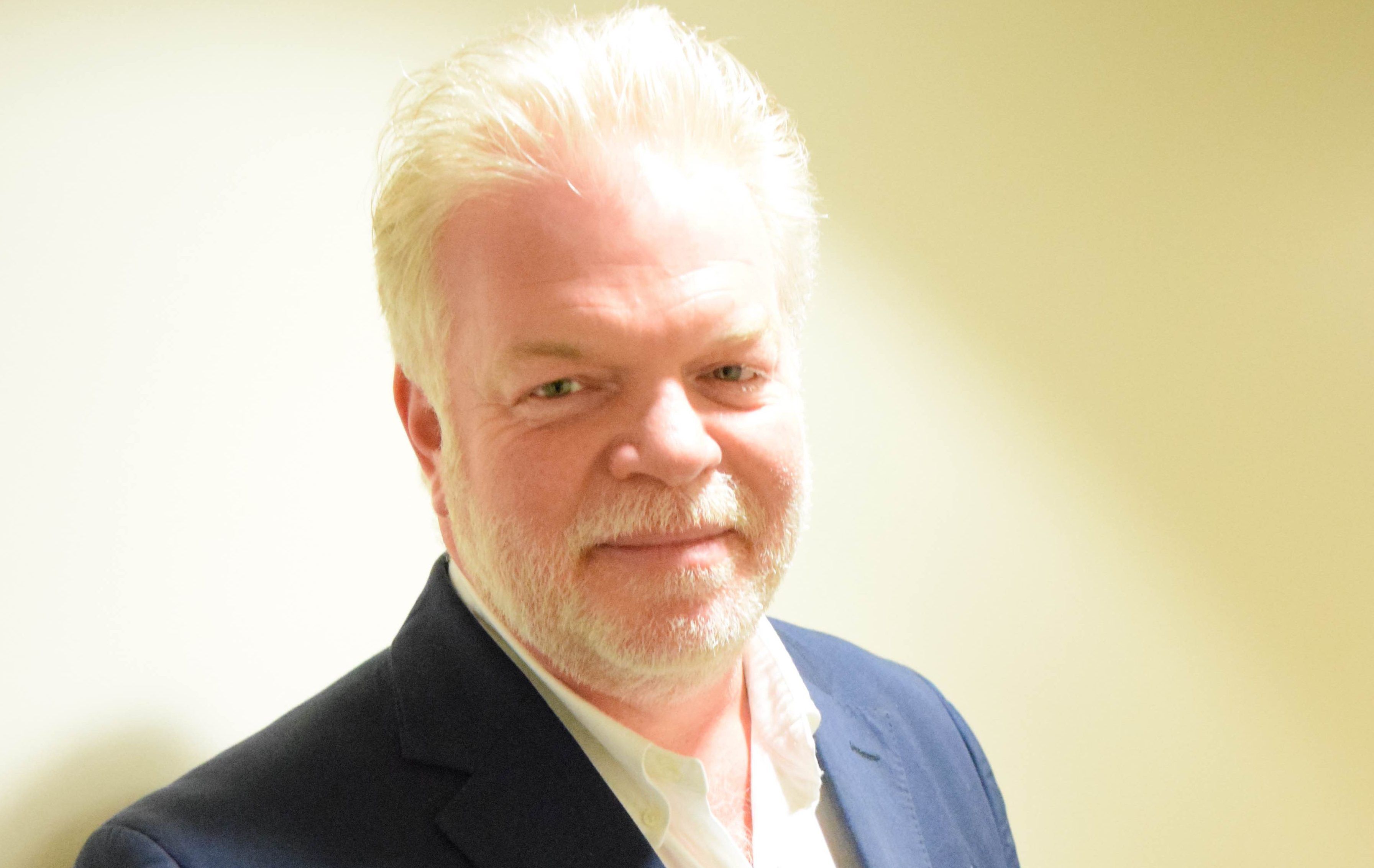The premium on-trade is lucky to have so many national distributors to work with. Here we assess what Hallgarten Druitt & Novum Wines has to offer.
Here’s a little game for you. Now we might all know who the country’s biggest on-trade drinks and wine distributors are, you are probably working with a few of them, but what makes them different? After all they are ultimately all doing the same thing, shipping in wine and spirits from all around the world, packing them up and re-sending them on to all our bars, restaurants, pubs and hotels.
But the game comes in two parts. First try and explain in no more than three words the characteristics you think sums up the different companies’ personalities for the likes of Matthew Clark, Bibendum, Liberty Wines, Enotria&Coe, Boutinot and Hallgarten Druitt & Novum Wines.
Then do the same based on the image you think those same businesses try and portray. If they are anywhere similar then they must be doing a pretty good job.
Let’s take the last from our list of the Big Five distributors, Hallgarten Druitt & Novum Wines. It certainly stands out in terms of its name, and the length of it. It sounds more like a lawyer or an accountancy firm than a national wine business.
But for those who know and work with, let’s call it, Hallgarten for short, would probably use words such as “speciality” “quality” and “diversity” to sum it up. At least that’s what the powers that be at Hallgarten would like them to say.
For as more of its major competitors move in to different areas, be it spirits at Enotria&Coe, or bigger chains, insights and bottled in market wines like Matthew Clark and Bibendum, then Hallgarten sticks very much to its roots as being a specialist national wine supplier. And that’s the way it likes it.
You won’t find Hallgarten shipping hundreds of thousands of litres of bulk wine to be bottled for exclusive label wines here in the UK. At least not for the moment anyway. Not when it has close to 1,200 senior on-trade buyers and sommeliers visiting its national portfolio tasting over two days in January.
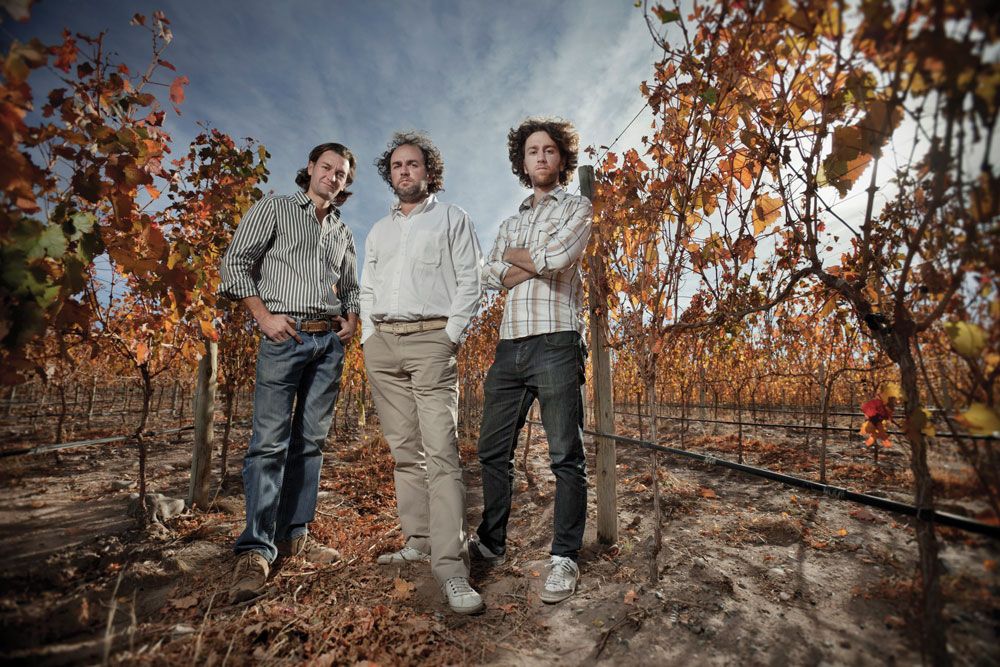
Argentina’s hip Michelini brothers are the type of winemakers Hallgarten wants to be famous for
Instead it is very much focused on adding more layers of “quality” and “diversity” to its range, like the recent signing of the Zorzal range of wines from the hip Michelini brothers in Argentina. Whilst looking to keep pace with the competition with its own value added support and training services.
Follow the leader
But what really distinguishes one national business over the other is the person in charge of making it different. The drinks distribution trade is blessed with some leading personalities from Diana Hunter at Conviviality, the power behind Matthew Clark and Bibendum, Troy Christensen at Enotria&Coe and David Gleave at Liberty Wines. Each of whom have successfully stamped their own vision and culture on their respective businesses.
Hallgarten is no different with Andrew Bewes at the helm. Bewes is one of the trade’s big thinkers. Able to assess the bigger picture, and the macro economic, political, and consumer trends as well as what areas of the wine world it needs to be on top of.
What is always fascinating about any conversation with Bewes is he’s as comfortable talking about the issues, challenges and opportunities facing each of the Big Five as he is explaining his own strategy for Hallgartgen. If the industry ever needs someone to head up a trade association or two then Bewes would be a natural fit.
Handling price rises
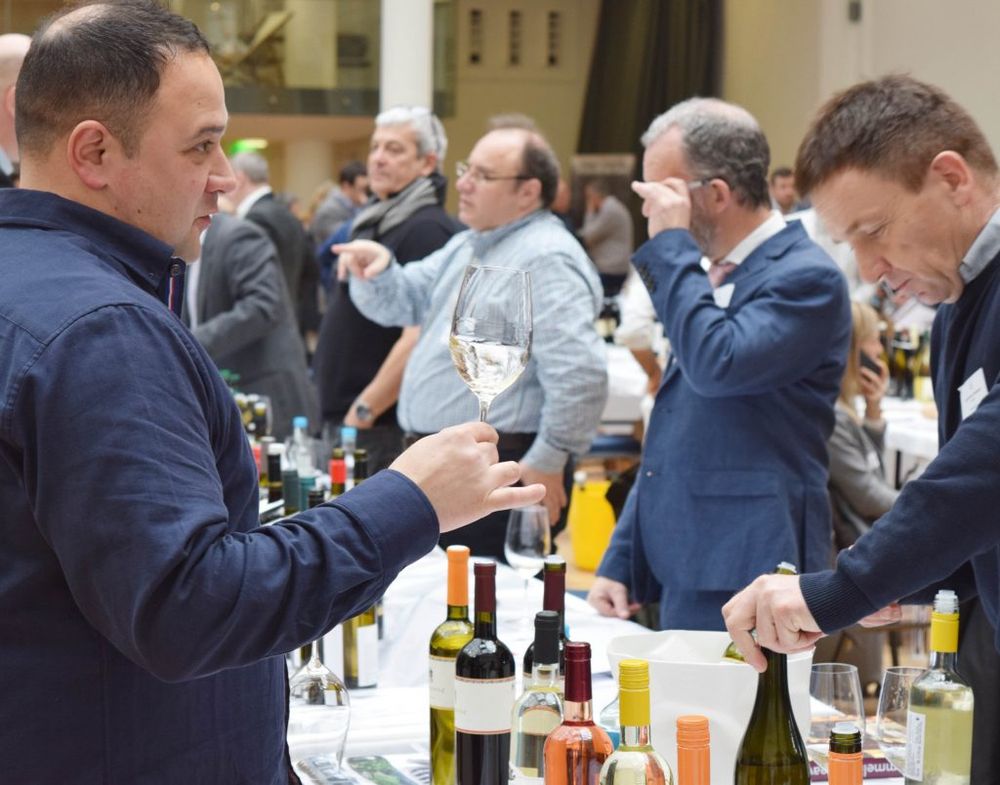
Hallgarten is having to work with its customers to manage price rises through on to wine lists
So he is certainly a good person to help gauge how the premium on-trade is going to fare in the year ahead. He, like everyone else in the sector, was happy to see the end of 2016 and the disruptive impact of the collapse in value of sterling which has resulted in price increases from each of the Big Five.
“It was a real game changer for the industry to see a 20% drop in currency rates,” says Bewes.
Hallgarten, like many of its competitors, hedges currency six months at a time, usually in March and September. Hence was forced to push up some prices last October after sterling’s drop in the summer and will do so again with its new list in April, which will see prices go up between 3% to 5%.“We will look again in September,” adds Bewes. “I would love to be in a position to be able to recalibrate prices then.”
Ultimately it has to do what is right for both its own business and the needs of its on-trade customers, says Bewes. “There is no right or wrong way to do this,” he adds.
But he thinks distributors and customers will have to look far more at how much wines are really costing at different key price points on a list, be it at £20, £30 or £40 and adjust wholesale prices on certain lines as a result to ensure there is still enough value in the supply chain.
Which will, in turn, have a knock on effect in terms of the types of wine being sourced, bought and sold in to the on-trade at those key price points.For example, he does not see how it will be possible to have a wine on a restaurant list for below £20 in London in the coming months.
We can certainly expect a stronger focus on wines between £25 to £40 on a London wine list, or £20 to £30 for the rest of the country.
“We will have to look more closely at the wines we are sourcing to make sure we have the right mix and enough buying power. But there is a line below which we won’t travel. If that means we price ourselves out of particular market then so be it.”
Targeted approach
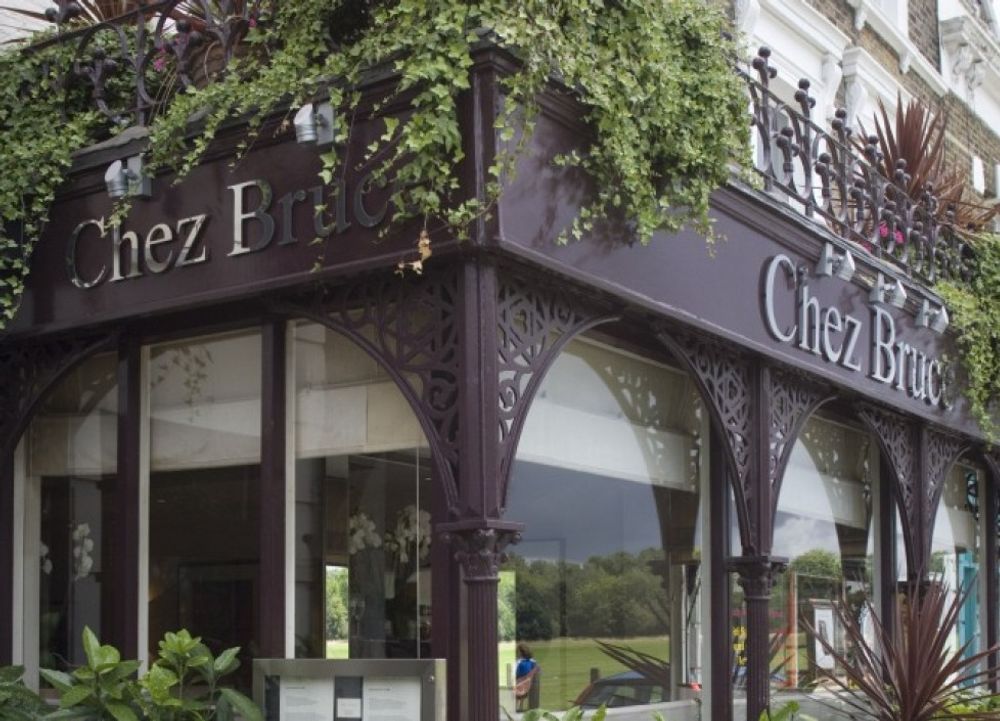
Award winning, destination restaurants like Chez Bruce is where Hallgarten’s focus is on.
Instead Hallgarten is looking far more closely and scientifically at the customers and outlets that it believes it has every chance of supplying. Bewes believes that realistically out of the 120,000 on-trade outlets there are in the UK, there are around 10,000 to 15,000 that are ideal for the range and type of services that Hallgarten has to offer.
So it is on those outlets that it needs to be concentrating its efforts rather than please and have wines to suit all lists.
“We all have to find our niche,” explains Bewes. “A certain element of the on-trade is looking for the one stop shop, the composite wholesaler, but that is not what we want to be. We now have to belot more targeted about the type of business we want to work with.”
If there was one good thing to come out of 2016, it has it made it even more important for distributors to decide what sort of business it is, and the kind of customers it needs to work with, says Bewes. “We believe those 10,000 to 15,000 outlets need a specialist partner even more than normal.”
They are the outlets that are known for their food and wine offer and therefore need specialist help to provide it.
Which is where the all round help and support of a specialist wine supplier comes to the fore, claims Bewes. It is not enough to have the wines they need, they are also looking for more help in training and enthusing their front of house teams to bring those wines alive with the food they are serving.
“Which is why 50% of our training is about wine and 50% of it is about how to sell it,” adds Bewes.
Training, and in particular hands-on, interactive and online support is now very much part of the all round service that Hallgarten provides.
Now clearly, concedes Bewes, all its competitors are looking to do the same, so rather than try and outsmart each other there are times when it makes sense for distributors to actually work together with some customers where they are each providing wines, he stresses. That way they can provide effective, collaborative training rather than unpick what the previous supplier has just said.
Similarly its sales teams have to be far more focused and specialised in the channel of the on-trade they are working in. “We are looking far more for all round good business people,” he adds.
Planning ahead
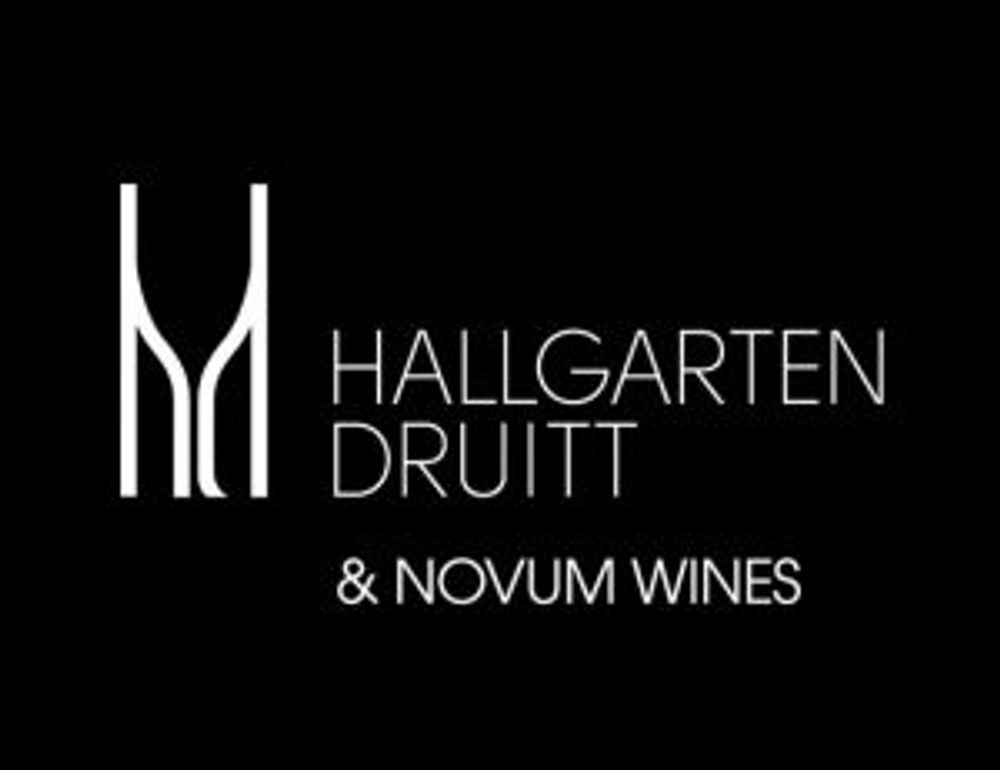
Hallgarten under Bewes is about to enter what he calls its next three year planning period. He has already helped steer and revamp the business over what will be next month eight years since he took on the chief executive role.
The first half of his tenure was very much about turning around a company that had been dropping behind its competition in terms of range, systems and support services. It has invested hugely in developing and installing new operating systems, including a much improved ordering service and outsourcing inefficient parts of its logistics and delivery capabilities.
Bewes has also worked hard to strengthen both the senior management team as well as ensure itsregional sales teams are equipped with as much support and talent as they need.
It has recently introduced its latest wave of new executives, with the arrival of Robert Knapp in the newly created role of regional sales, and the highly experienced, Steve Gerrard as international sales director, from his previous role as managing director of Barwell & Jones. Gerald Chislett has joined as national account manager from Freixenet, Joe Wadhams has been brought in from Enotria as regional business development director and Howard Corrigan as new business manager for national accounts in the on-trade from Vranken-Pommery.
Just some of the 17 new members of staff that have joined in the last year. “We have got good people joining at exacting times,” says Bewes.
In charge of its own destiny
With consolidation and disruption still two of the sector’s key driving factors the fact Hallgarten in privately owned is a major advantage, stresses Bewes. A position that was strengthened further last month with the German business family, Pieroth brought Hallgarten under its direct control rather than run it through its WIV Wein International subsidiary.
Technically that also means the family is free to directly invest in or divest of the Hallgarten business. But Bewes is confident its sights are set on the future and helping to build organic growth rather than looking to consolidate, merge with a competitor or look for a potential buyer.
After a particularly strong 2015, buoyed by favourable foreign currency trading, which saw a 371% increase in operating profit to £1.77m, the situation was reversed in 2016 when the drop in sterling saw a £1m drop in profits, on the back of a £1.8m or 4% increase in turnover to £46m.
So 2017 will prove to be a pivotal year for Bewes and his new look management team. The ongoing uncertainty over the value of sterling will not make planning any easier, but then that’s the same for all its competitors.
Consolidation, he believes, will only continue, both amongst the supplier base and the number of suppliers that operators will want to work with. Whereas in the past outlets might have had 20 wine suppliers, they now only have 10, and where they had 10, that is now down to five.
Which is not surprising considering the wines lists those suppliers are being asked to fill are getting much smaller too.
Suppliers are going to have to demonstrate far more than before what value and difference they can make to the bottom line, says Bewes.
Further consolidation
He also expects there to be further big moves such as Conviviality’s Bibendum PLB acquisition last May.“We have yet to see the full impact of consolidation on the supplier side of the business,” claims Bewes.
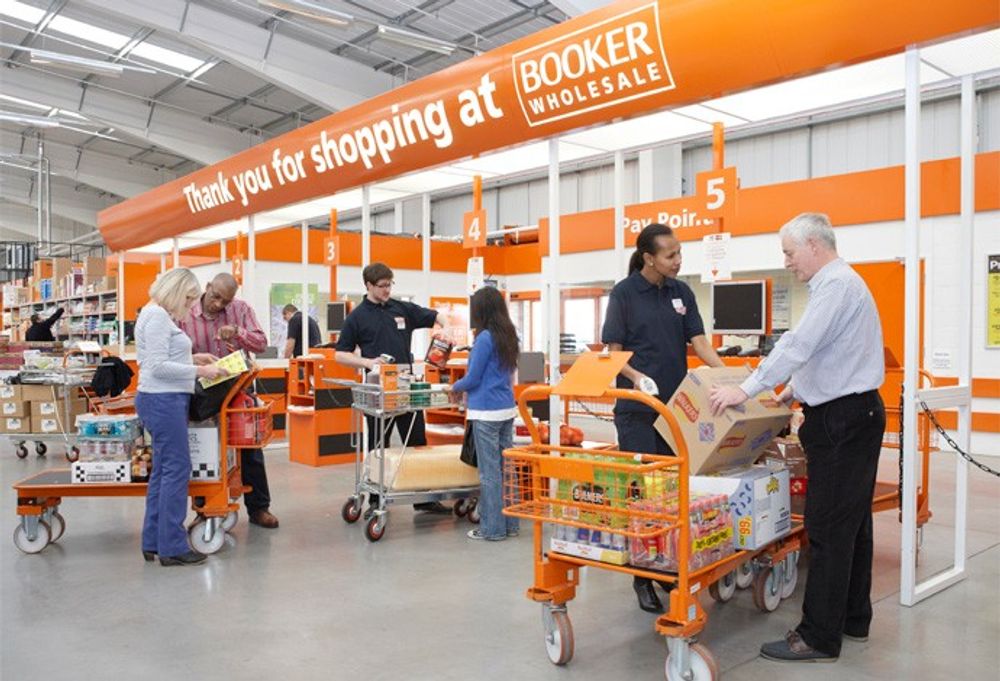
Booker’s proposed takeover by Tesco could have a big knock-on effect on wine distributors
If Tesco’s proposed takeover of Booker goes through then we can expect the stakes to be raised even higher again.But equally if will means suppliers have to be even more focused on their strategy and where they are adding real value, says Bewes.
The gloves, he thinks, are about to come off. “2016 will have been a real test for some (players in) the wholesaler market, and we will see some losses in 2017. We are an industry in transition. We have in the past been known as nice industry to work in, but we now have to grow up and become a lot more professional. It’s not just about dropping wine off any more, it is about forming real business partnerships.”
Which brings us back to Hallgarten’s aggressive recruitment strategy over the last 12 to 18 months.
“We have brought in people with more business development skills so that they can build better relationships with our like minded customers,” explains Bewes.
It has also meant a stronger focus on internal management training to ensure all its management staff know their target market inside out.
“It is giving better insights to our sales teams so that they can give better value to our customers,” adds Bewes.
So perhaps we need to re-evaluate what we think Hallgarten stands for. Yes, it is still very much about driving “speciality, quality and diversity” but if you were to throw “talent, professionalism and expertise” in to the mix then it would probably be very happy too.
